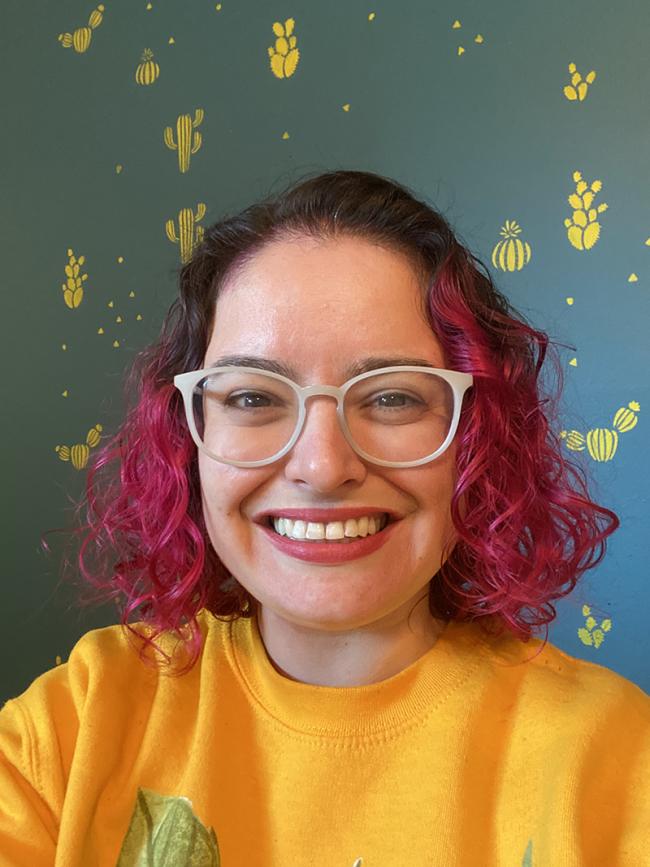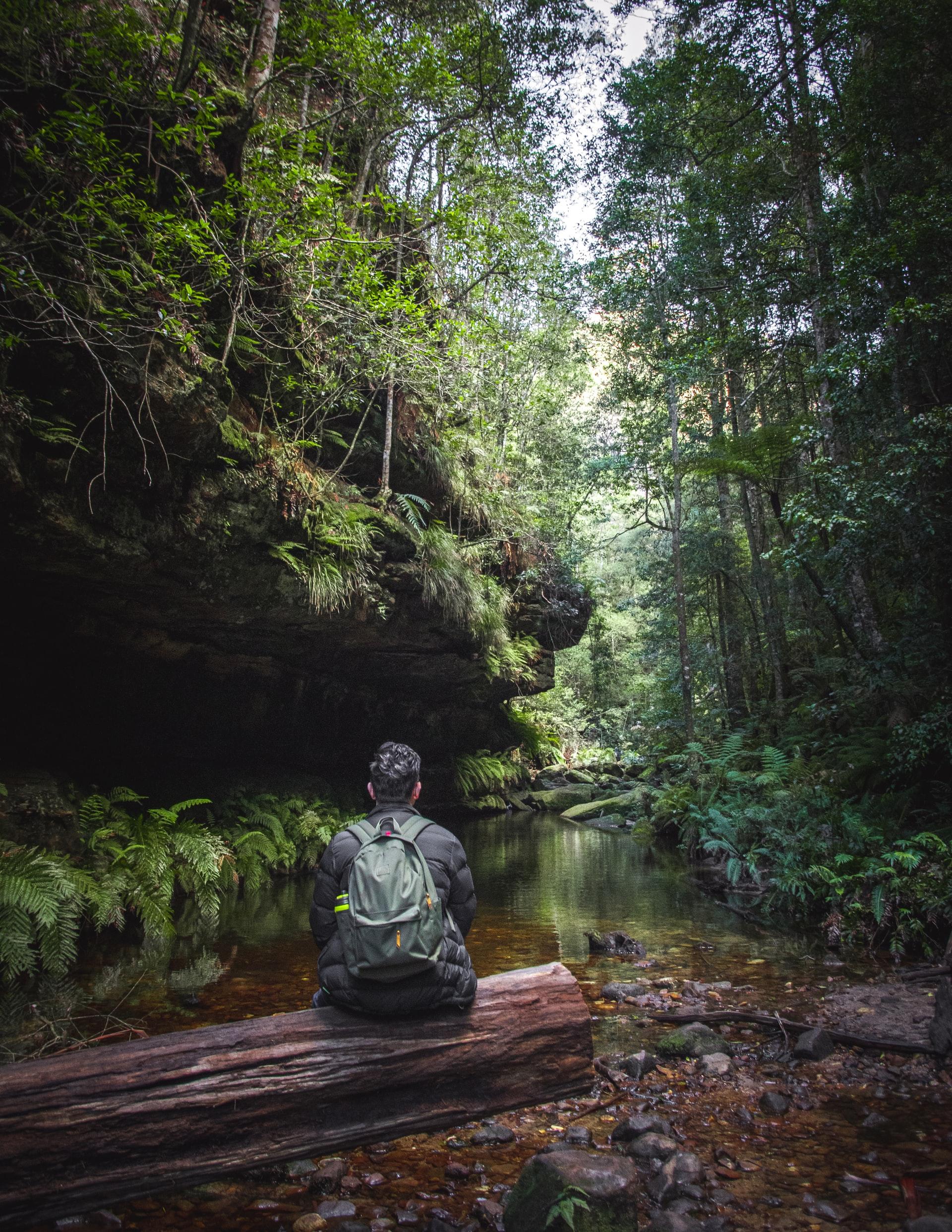Sonata Escondida Playbill

Director's Note
Sonota Escondida shows us the complexities of love and healing: its need for bravery, listening, and wiliness to reach for each other. As we live this third pandemic winter, we have all experienced times of isolation of multiple kinds. It may feel sometimes that we have to endure all our struggles alone. The larger, systemic issues (climate change, white supremacy, corporate greed, etc.) that we are up against can feel insurmountable those days. Manuel’s story reminds us that what we need to heal and grow is each other. Admitting the need for each other is hard to express, it contradicts the American myths (or maybe obsession) of being “self-made” or “pulled up by the bootstraps”. To admit we need each other is simultaneously a declaration of bravery and vulnerability. To admit we need each other is an act of love. It is public acts of love that brings us thus far—essential workers picking our food, crafters making masks, healthcare workers showing up daily, delivery workers bringing food and medicine to those homebound, mutual aid communities responding to gaps in our systems, and so many more people and acts of love. We are not out of this yet; we are still processing our grief while trying to heal. We are not alone. May we continue to remember that we need each other more, not less. Let’s reach for each other.
Assistant Director's Note
Manuel Zarate tells a story through authentic, flawed, characters who continually question and redefine their relationships to one another. While Margaret’s relationships are under constant scrutiny in this show, her queerness allows Margaret to build something heartfelt and grounded outside of a socially normative framework. Her story is a reflection of the powerful resilience and beautiful deep bonds that queer people of color forge. The profound and intimately universal love that develops in queer chosen families through rejecting heteronormative expectations serves as a model which we as the audience can build into our own lives. I hope this show empowers you to make declarations of love, both subtle and bold, to all those whom you call family.
Resources
There are themes around trauma and death in this play. If you are grieving, you do not have to deal with it alone. Here are resources for you:
- WWU Counseling and Wellness Center provides resources and support to our students, including Crisis Services, Survivor Advocacy and Support Groups to help promote wellness, empowerment, self acceptance, and healing for a range of circumstances. cwc.wwu.edu
- The Crisis Text Line provides 24 Hour Mental Support. Text HOME to 741741 or visit crisistextline.org
Margaret
Karina Provo
Luis
Gabe Zuniga
Sam
Carly Cloward
Elizabeth
Katie Garcia
Margaret
Tayler Robertson
Luis
Johncen Oxales
Sam
Madeline Cooper
Elizabeth
Amber Marcotte
Assistant Director/Dramaturge
Kaitlin Losansky
Stage Manager
Ethan Swim
Assistant Stage Manager
Breana Robertson
Technical Director
Marc Mixon
Production Manager
Savannah LeCornu
Assistant Production Manager
Rosie Arnesen
Scenic and Props Design
Nicholas Ponting
Assistant Scenic and
Props Design
Kharma Stambaugh
Assistant Costume Design
Rylan MacDonald
Lighting Design
Darren McCroom
Sound Design
Allissa Flood
Costume Design Faculty Mentor
Heidi Zamora
Costume Shop Manager
Rachel Anderson
Assistant Costume Shop Manager
Amber Pacifico
Deck Crew
Jesse Gervai
Sound Board Operator
Kyle Hertzog
Dresser
Diana Hicks
Wardrobe
Maya Verity
Sophie Kashman
Kharma Stambaugh
Scout Powell
Assistant Master Electrician
Lane Burke
Electrics Crew
Abigail Fichtel
Avery Wisner
Gwen Pederson
Scenic Carpenter
Manson Root
Shop Assistants
Lane Burke
Gwen Pederson
Rhode Long
Ryan Martin
Ady Torres- Garcia
Aidyn Stevens
Celeste Zhou
Louise Heller
Morgan Mitchell
Recordings of Beethoven’s Sonata No. 14 (“Moonlight” Sonata”), “Heart and Soul”, and “Gymnopedie No. 1” used in this production were played by Samuel Borgmeyer
Thanks to Trina Evans and Becky Kellow for stream access support!


